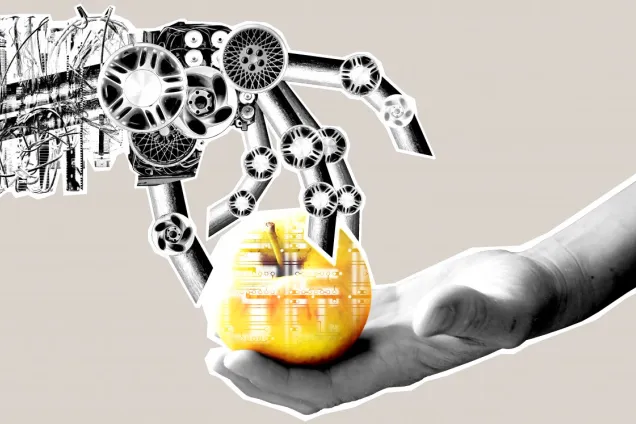Artificial intelligence with medical applications
Our research group has many years of experience of working with a broad range of machine learning and artificial intelligence (AI/ML) methods, mainly for medical applications. We combine fundamental method development with clinically motivated research focused on prediction and decision-making systems.
Our research on AI/ML focuses on artificial neural networks and deep learning. Examples of pure research include algorithms for imputation of missing data, survival analysis and generative models. The majority of our research concerns applications of these methods and arises in close collaboration with various partners, in particular in medicine but also in other areas such as archaeology. Several of the PhD students in the group are co-supervised by the Faculty of Medicine and CEC.
Applications of machine learning on medical data include analysis, detection, prognosis or treatments for:
- breast and prostate cancer,
- heart disease and heart transplants,
- autoimmune diseases, and
- neurodegenerative diseases.
The types of data used in the research include:
- classical biomarkers,
- genomic and proteomic data, and
- images from different imaging techniques.
The group traces its origin to theoretical physics in the late 1980s, but has grown into a strongly interdisciplinary environment where physics and computer science meet medicine. The group is now part of COSHE, the Computational Science for Health and Environment theme at CEC.
Group leader
Mattias Ohlsson
E-mail: mattias [dot] ohlsson [at] cec [dot] lu [dot] se (mattias[dot]ohlsson[at]cec[dot]lu[dot]se)
Phone: +46 46 222 77 82
Involved researchers
All links go to the Lund University Research Portal.

